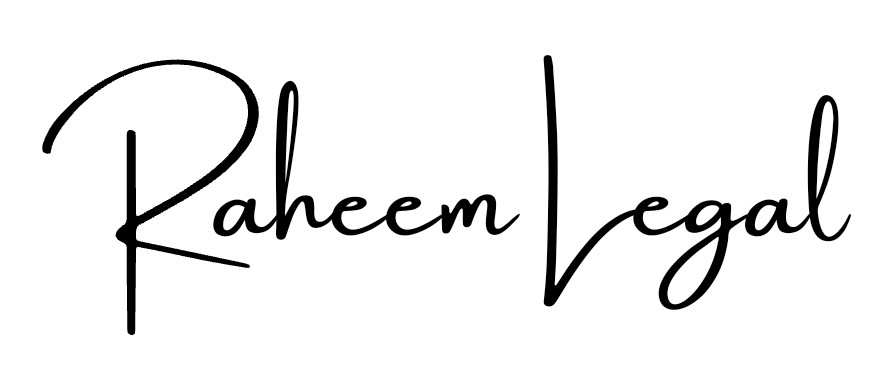THE NEW LIMITATION LAW IN
UAE 2023
By Abduraheem Padinhare
December 12
2023
The New Limitation Law in UAE 2023
What is a limitation period?
A limitation period is the period of time within which a party must file a claim or commence a legal action. If the claim is not brought within the period stipulated under the relevant statute, there is a risk that that the claim will be considered “time-barred”. If the claim is considered time-barred, this can result in the claim being dismissed by the relevant court having jurisdiction over the matter.
It is also important to determine when a limitation period will start to run. Limitation period come in force in circumstances like: (i) a “cause of action” has occurred (for example a breach of contract) or (ii) when a party becomes aware of the event or the harm caused as a tort (for example personal injury).
Limitation periods under UAE Law
In the UAE, limitation periods are not expressed in one comprehensive statute but are contained in multiple statutes. Further, the length of the limitation period varies, depending on the cause of action. The UAE Courts have also noted that that the limitation period will be suspended if it appears from the surrounding facts and circumstances of the case that there was an obstacle preventing the claim from being commenced.
Limitation period applicable for various types of claims:
There are different time limits or limitation periods that apply to different types of matters. For instance, the limitation period that applies to a contractual claim would be different from an employment dispute claim.
-
General Contracts: Generally, for contractual claims, the limitation period is set to run for fifteen years and lapses upon reaching this time period when there does not exist any valid legal excuse for the further extension in time (Article 473).
-
Commercial Contracts: The limitation period is limited to ten years instead of fifteen.
-
Construction Contracts: The period of limitation runs for ten years or longer, if so, agreed between the parties, and for this time period, both the architect and the contractor remain liable for defects that can endanger the solidity or security of the building (Article 880).
-
Contract for sale of goods: When a matter concerns the sale of goods or a claim for terminating a contract of sale of goods or reducing the price for the goods etc. the general norm of the limitation period shall run for one year from the date of the delivery of the goods (Article 524).
-
Employment Disputes: The ‘Ministerial Decision No. 47/2022 introduced regulation on labor disputes and complaints procedures’, either the employee or the employer may submit a labor complaint within thirty days of any breach of the obligations of either of them towards the other as stated in the employment contract or as per the employment law and its executive regulations.
Other Rules regarding limitation period:
-
The limitation period shall run only from the day on which the debt has become due or from the day on which the claim conditions have been realized (Article 478).
-
Further, the period of limitation is calculated in days, with the first day not being counted. The time limitation shall end on the last date of the prescribed limit; however, if the said date is an official holiday, then the time limit shall be extended to the following day (Article 480).
-
The limitation period can be interrupted in between whenever there exists a lawful excuse to gain such exemption and, thereby, the period for which such lawful excuse runs could be exempted from the overall time limit applicable under Article 481(1). Similarly, the limitation period also gets interrupted upon the institution of a court claim or any legal proceedings instituted by the creditor claiming his right (Article 484). The limitation period can be considered to have been interrupted when there is an express or tacit admission of the right by the debtor under Article 483. Moreover that, whenever the time period of limitation gets interrupted pursuant to Article 485 (1), a new prescription period shall commence, which shall have the same duration as that of the former one.
-
It is also not permissible for parties to agree upon the term for limitation other than what has been fixed by the law (Article 487).
The limitation period constitutes an irreplaceable role for the admissibility of a claim. Still, the parties can make submissions explaining the delay on submission of a claim when lawful excuses exist. In such circumstances, the court would decide the justification of such lawful excuse, and the admissibility of the claim pursuant to the rules governing limitation shall be subjected to the preliminary adjudication. It is critical to gain a thorough understanding of the rules governing limitations in order to avoid potential losses in the future
